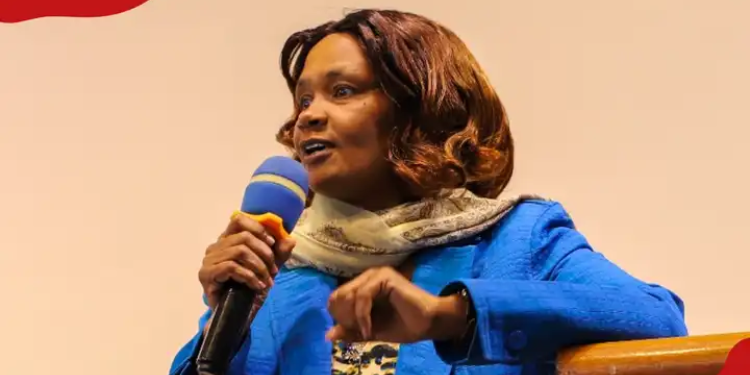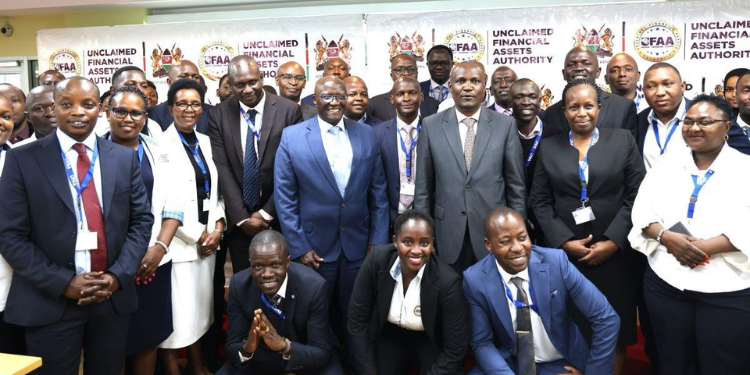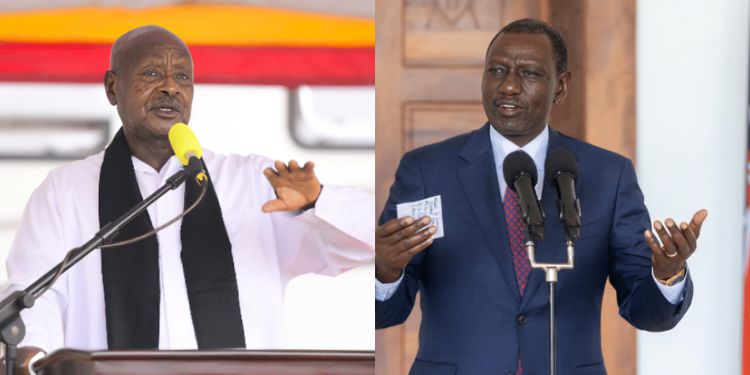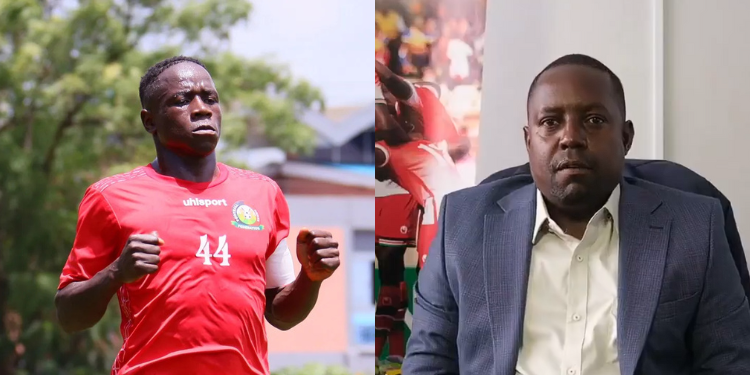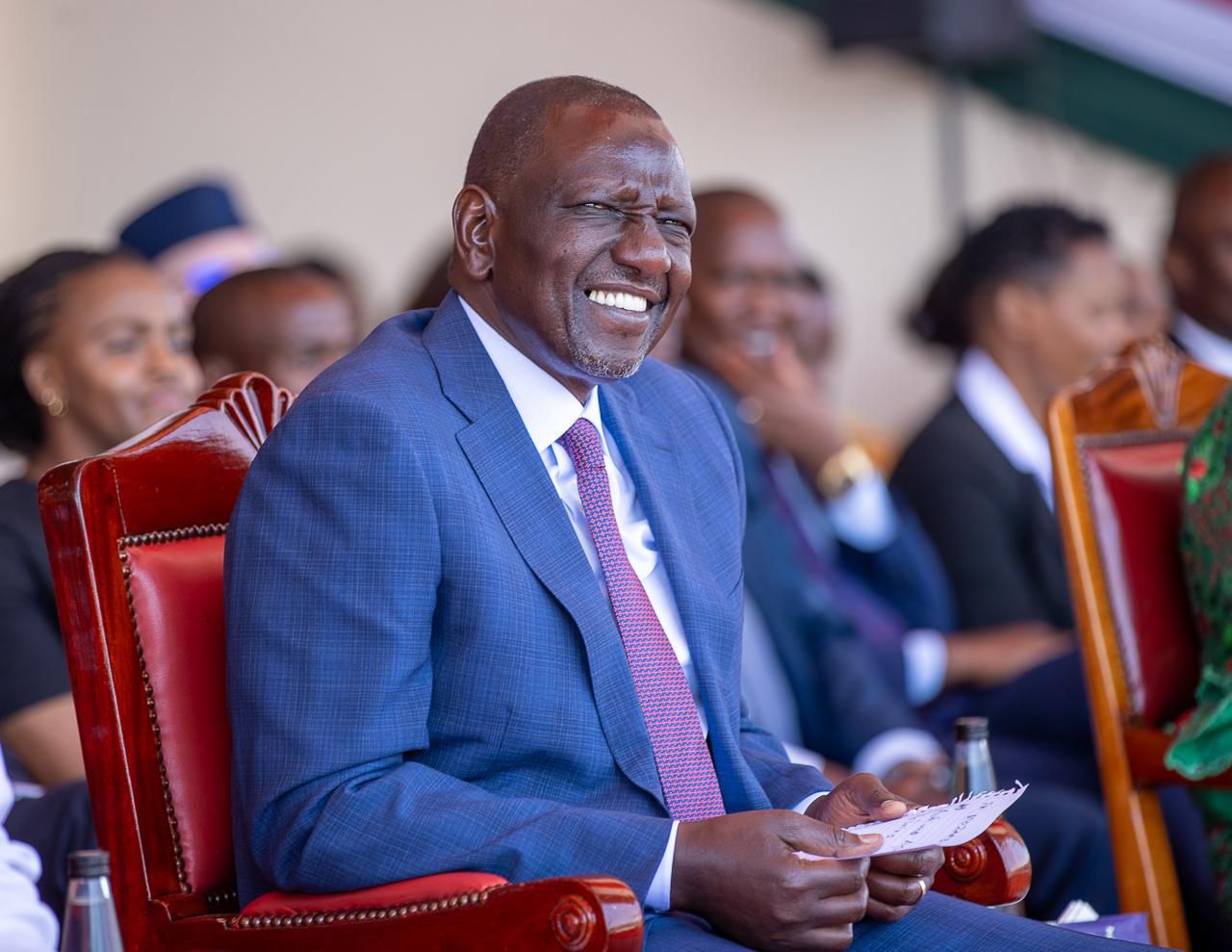This year’s World Humanitarian Day 2025 comes at a time when Ethiopia continues to face one of the most challenging humanitarian situations in its recent history, where over 800,000 children are experiencing the direct consequences of conflict, displacement, and disrupted access to basic services.
The theme, “Renewing Global Solidarity for Humanity,” speaks directly to our current reality that international donors, governments, and organisations working in the field have to renew their commitment to support Ethiopia’s children.
Across the country, the humanitarian crisis remains protracted and complex. Children are among the most affected. The country is experiencing a prolonged humanitarian crisis caused by overlapping challenges such as conflict, displacement, drought, floods, and disease outbreaks. The effects of the two-year conflict that ended in late 2022 are still deeply felt in the northern regions.
Humanitarian access in the Amhara region is highly unpredictable due to ongoing insecurity. In Oromia, although some areas have reopened to humanitarian support, the situation remains volatile.
At the same time, ongoing droughts and floods are hitting the same communities again and again, making already tough conditions worse and limiting access to food, clean water, education, and health services.
Suffering Children
Children are at the centre of this crisis. The ongoing armed conflict continues to put their lives at risk. Many are unable to access education, protection, food, or health services. Conflict limits our ability to reach those who need help most.
Also Read: Israel Responds to Banning Baby Formula and Food for Children in Gaza
Drought and floods have destroyed livelihoods and worsened food and nutritional insecurity. Insecurity remains high. Over thousands of livestock have been lost, deepening the hardship for families who depend on them for survival. Drought and floods have destroyed livelihoods and worsened food and nutritional insecurity.
The result is that families struggle to survive, and children are forced to grow up too fast and take adult roles, often in very unsafe conditions.
Ethiopia is home to over one million refugees, not only coming from inside, but also those fleeing war in Sudan and others from conflict-affected areas in South Sudan. These refugees are highly dependent on humanitarian assistance to meet their basic daily needs.
More than eight million children are out of school in Ethiopia due to emergency situations. Most have missed two or more academic years. These children are not only missing out on learning, they are also at greater risk of child labour, exploitation, abuse, trafficking, and early marriage.
Humanitarian funding
The declining funding landscape for humanitarian action globally has impacted the humanitarian response work, especially in saving the lives of children and their families facing a multi-faceted crisis
Terre des Hommes Netherlands has a longstanding commitment to protecting children during emergencies in Ethiopia. We work closely with local organisations to ensure that responses are community-led and sustainable. Through our partnership with strong local actors, we have been able to bring immediate support and long-term impact to vulnerable children.
Our current work is being carried out through the Ethiopia Joint Response (EJR), a programme supported by the Dutch Relief Alliance.
We are working in North Wello Zone (Gidan district) and Waghimra Zone (Ziquala district) in the Amhara region and Borana Zone (Dubuluk district), working closely with our local partners such as Africa Network for Protection and Prevention of Child Abuse and Neglect (ANPPCAN), Mahiberehiwot for Social Development (MSD), and Strategies for Northern Development (SND). Additionally, we also work very closely with national and regional state governments.
The EJR programme, currently underway from 2024 and running through 2026, provides life-saving support to children, strengthens local child protection systems, including safe spaces, and builds long-term resilience in communities affected by crisis.
Also Read: Ongoing Sudan War Forces 17 million Children Out of School, 5,000 More Reported Missing
Terre des Hommes Netherlands and its partners have focused on multi-purpose cash transfers and protection to the most vulnerable children and families. In 2024 alone, we reached 11,725 people, 41% of whom were children. These are children affected by conflict and the impact of the post-drought, children who would otherwise have been left behind. The services provided have now helped mitigate the protection risks faced by children and their families.
The journey ahead
But the work is far from over. Droughts are expected to continue. Conflict risks remain high. We must act now to protect the gains we have made and prevent further harm.
Now, more than ever, we need global solidarity.
This means increasing humanitarian funding, supporting locally-driven, child-focused responses, and ensuring that vulnerable children remain at the heart of our global priorities. The work of our joint response partners shows that when communities are empowered, and when children are protected and supported, real change is possible.
On this World Humanitarian Day, we call on international donors, governments, and partners to renew their commitment to Ethiopia’s children. Solidarity is not just about funding; it is about standing with communities, investing in long-term solutions, and ensuring that no child is left behind. Let us stand together to end child exploitation during humanitarian crises. We are better together.
This article was written by Raphael Kariuki, Regional Director, Africa, Terre des Hommes Netherlands.
Follow our WhatsApp Channel and join our WhatsApp Group for real-time news updates.


